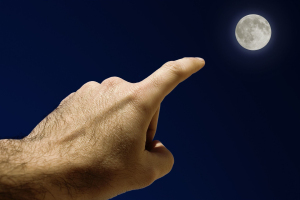Zeus10
Regular Member
- Messages
- 229
- Reaction score
- 19
- Points
- 18
Yetos, classification Albanian together with Indic and Iranic in two scientific papers (Grey and Atkinson, 2003; Willems, Lord, Laforest, Labelle, Lapointe, Di Sciullo, 2016), is important for analysis.
We saw that there are similarities between Albanian and North Iranian languages. However for me in investigation was more surprise similarities between Albanian and Pashto (Southern Iranian or Eastern Iranian in some classification). However we can see that Albanian has common lines with Sanscrit what has its weight.
Exploring different sources it is interesting it can be noticed link between Albanian and Mordvinian languages (Moksha and Erzya) which are not Indo European, but Uralic.
Can you show us some examples of similarities between Albanian and "North Iranian languages", or between Albanian and these other extraterrestrial languages like Mordvinian and Moksha?
You as a Serbian aim to create a theory to dislocate Albanian language from their ancient habitat in Balkans, in order to put their origin somewhere in the Middle East or Uralus(you are not sure where yourself)









